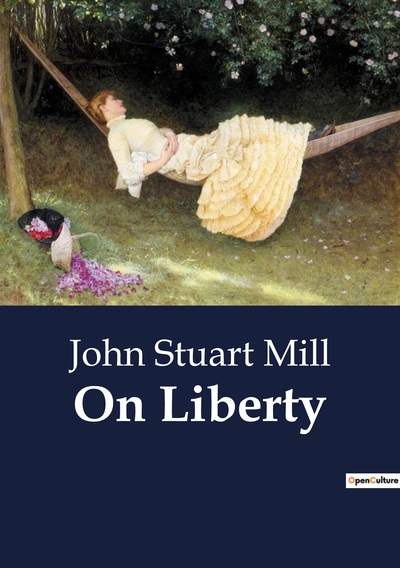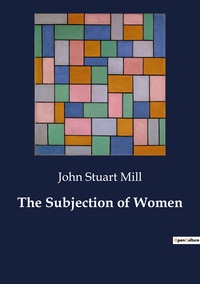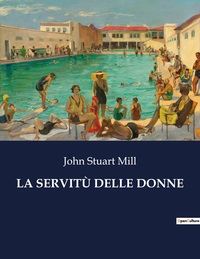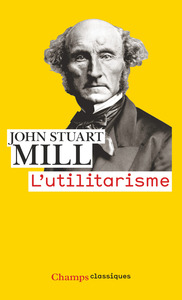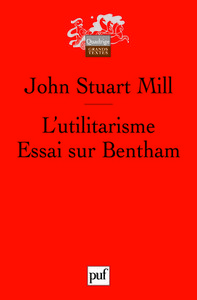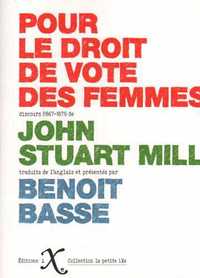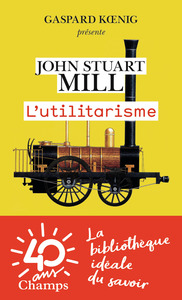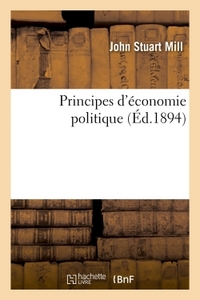Nous utilisons des cookies pour améliorer votre expérience. Pour nous conformer à la nouvelle directive sur la vie privée, nous devons demander votre consentement à l’utilisation de ces cookies. En savoir plus.
On Liberty
EAN : 9791041803002
Édition papier
EAN : 9791041803002
Paru le : 21 juin 2023
21,95 €
20,81 €
Disponible
Pour connaître votre prix et commander, identifiez-vous
Notre engagement qualité
-
 Livraison gratuite
Livraison gratuite
en France sans minimum
de commande -
 Manquants maintenus
Manquants maintenus
en commande
automatiquement -
 Un interlocuteur
Un interlocuteur
unique pour toutes
vos commandes -
 Toutes les licences
Toutes les licences
numériques du marché
au tarif éditeur -
 Assistance téléphonique
Assistance téléphonique
personalisée sur le
numérique -
 Service client
Service client
Du Lundi au vendredi
de 9h à 18h
- EAN13 : 9791041803002
- Réf. éditeur : 293990
- Date Parution : 21 juin 2023
- Disponibilite : Disponible
- Barème de remise : NS
- Nombre de pages : 180
- Format : H:210 mm L:148 mm E:10 mm
- Poids : 240gr
- Résumé : Texte à corriger : "On Liberty" by John Stuart Mill is a seminal work that explores the delicate balance between individual freedom and societal authority. Mill argues that the struggle between liberty and authority has been a central theme throughout history, particularly in the contexts of Greece, Rome, and England. He posits that the concept of liberty has evolved from being a protection against the tyranny of rulers to a more complex relationship between individuals and society. Mill emphasizes the importance of protecting individual independence from societal norms and the tyranny of the majority. He asserts that the only legitimate reason for society to exercise power over an individual is to prevent harm to others. Mill's principle of liberty is grounded in the idea that individuals should have the freedom to pursue their own good in their own way, as long as they do not harm others. He also highlights the importance of freedom of thought and expression as essential components of individual liberty. Mill's work is a response to the increasing tendency of society to impose its own opinions and inclinations on individuals, both through public opinion and legislation. He warns against the encroachment of societal power over individual freedom and advocates for a strong moral conviction to counteract this trend. "On Liberty" remains a pivotal text in understanding the dynamics of individual freedom and societal authority, advocating for a society that respects and nurtures the diversity of human development.
- Biographie : John Stuart Mill was born at 13 Rodney Street in Pentonville, then on the edge of the capital and now in central London, the eldest son of Harriet Barrow and the Scottish philosopher, historian, and economist James Mill. John Stuart was educated by his father, with the advice and assistance of Jeremy Bentham and Francis Place. He was given an extremely rigorous upbringing, and was deliberately shielded from association with children his own age other than his siblings. His father, a follower of Bentham and an adherent of associationism, had as his explicit aim to create a genius intellect that would carry on the cause of utilitarianism and its implementation after he and Bentham had died.

